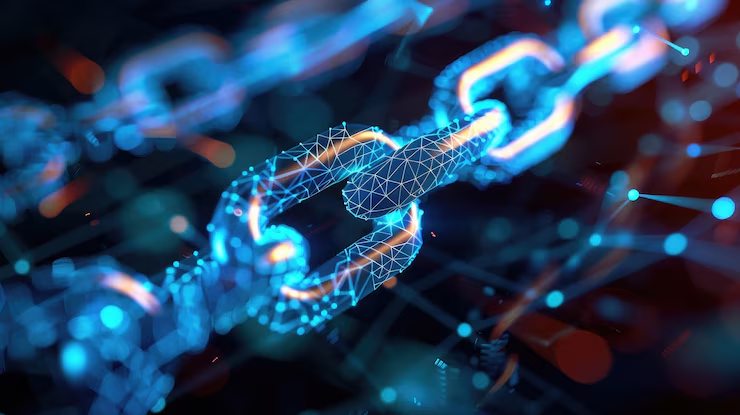Web3 and Beyond: Is Decentralized Identity the Next Big Leap in Online Privacy?
As we move into the second half of the decade, Web3 technologies are maturing—and one of its most promising applications is Decentralized Identity (DID). In a time of rampant data breaches and increasing surveillance, decentralized identity may hold the key to restoring user control online.
What Is Decentralized Identity?
DID allows individuals to own and control their digital identity without relying on a central authority like Facebook, Google, or a government agency. Using blockchain and cryptographic technology, users can verify themselves without surrendering personal data.
Example: Instead of logging into a platform using your email and password, you use a blockchain-based credential that proves your identity without exposing sensitive information.
Why This Matters in 2025
- Data Privacy Regulations
With GDPR, CPRA, and other frameworks evolving, companies face strict limits on data collection and usage. DID provides a compliant alternative. - Identity Theft Mitigation
Traditional identity systems are centralized and easily targeted. Blockchain-based credentials reduce attack surfaces. - Borderless Access
Decentralized IDs enable global access to services without needing local documents or platforms. - User-Centric Internet
Instead of big tech owning your identity, you carry your credentials with you—portable, encrypted, and verifiable.
Real-World Adoption
- Microsoft’s ION and Polygon ID are exploring DID for enterprise and consumer use.
- Government pilots in countries like Estonia and Canada are experimenting with blockchain credentials.
- Wallet apps are integrating DIDs to manage everything from diplomas to health records.
How i4 Is Watching This Space
At i4, we’re tracking the progression of DID frameworks and advising developers on how to future-proof their apps for identity integration. From authentication plugins to zero-knowledge proofs, we’re exploring how privacy-first tools can coexist with seamless UX.
Decentralized identity is not just about security—it’s about reclaiming ownership in the digital age.


